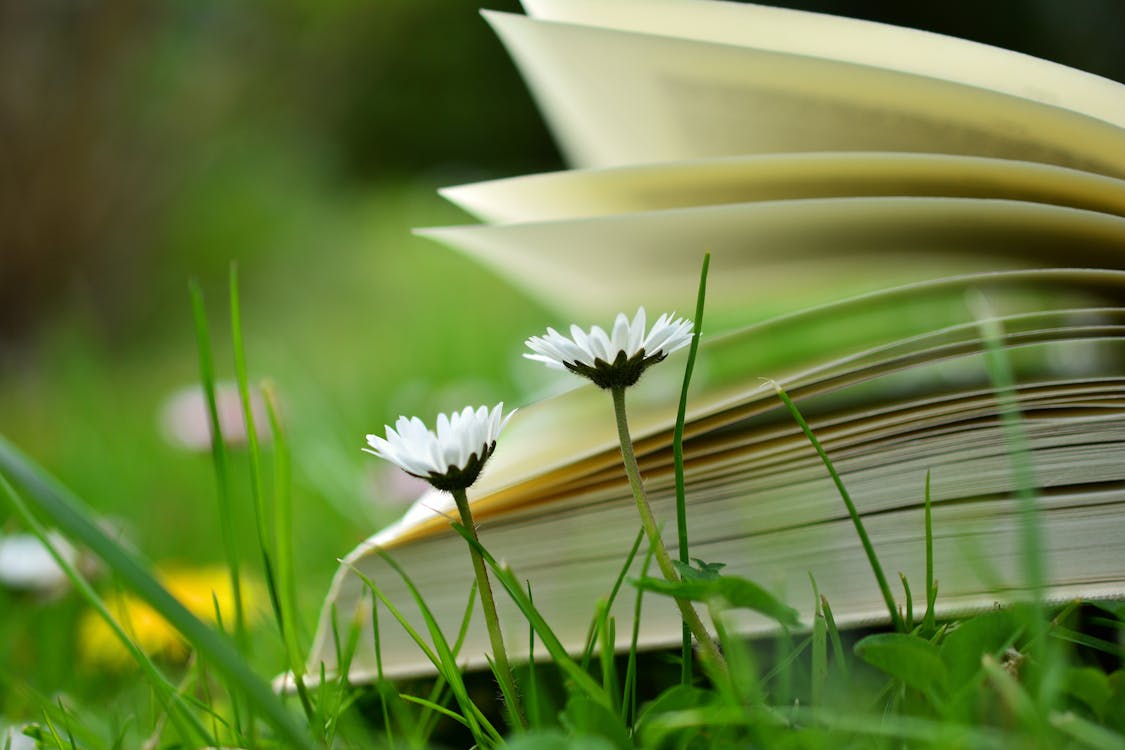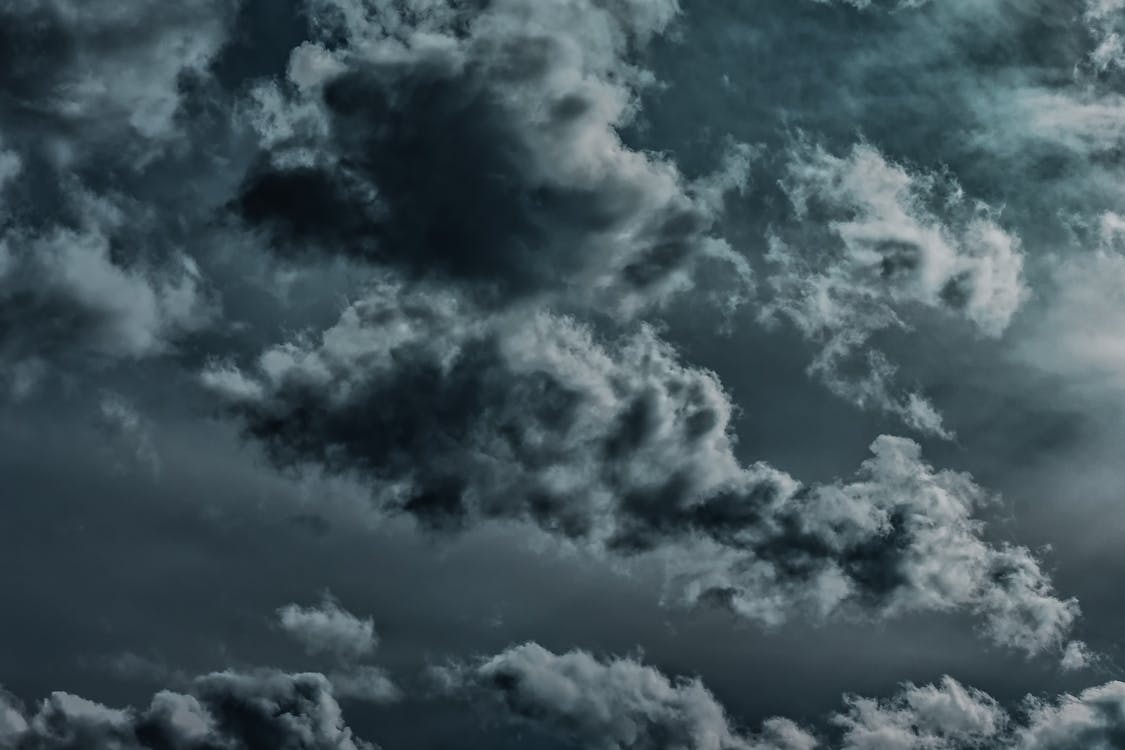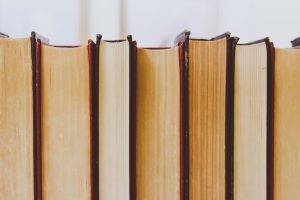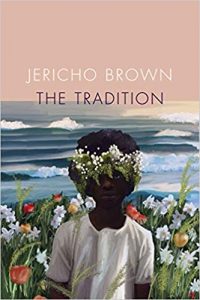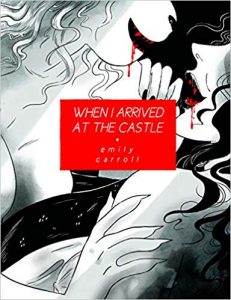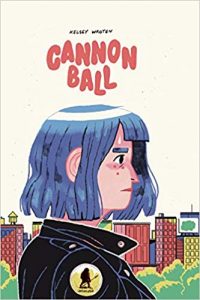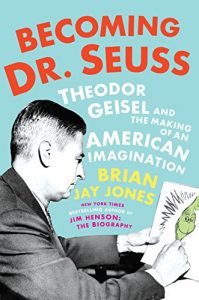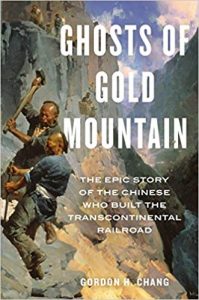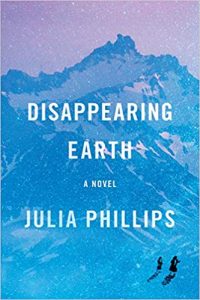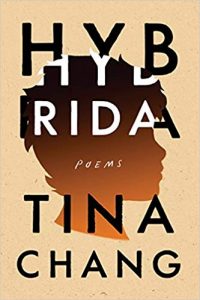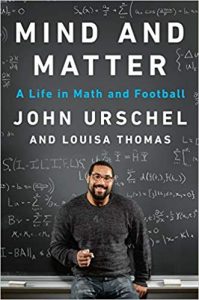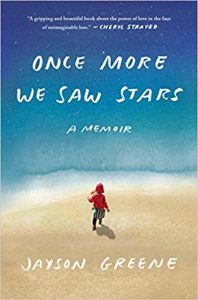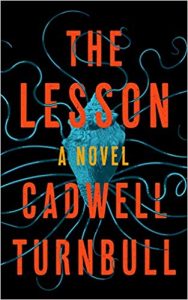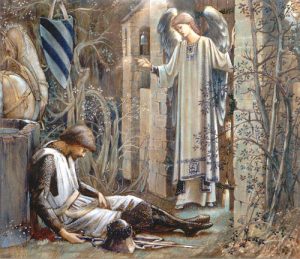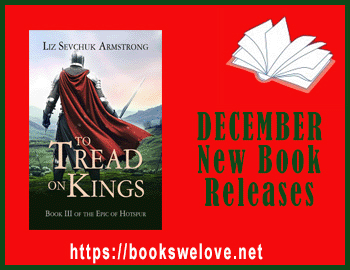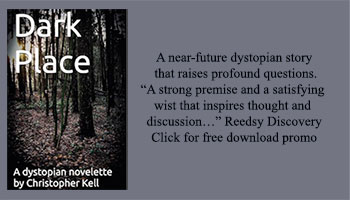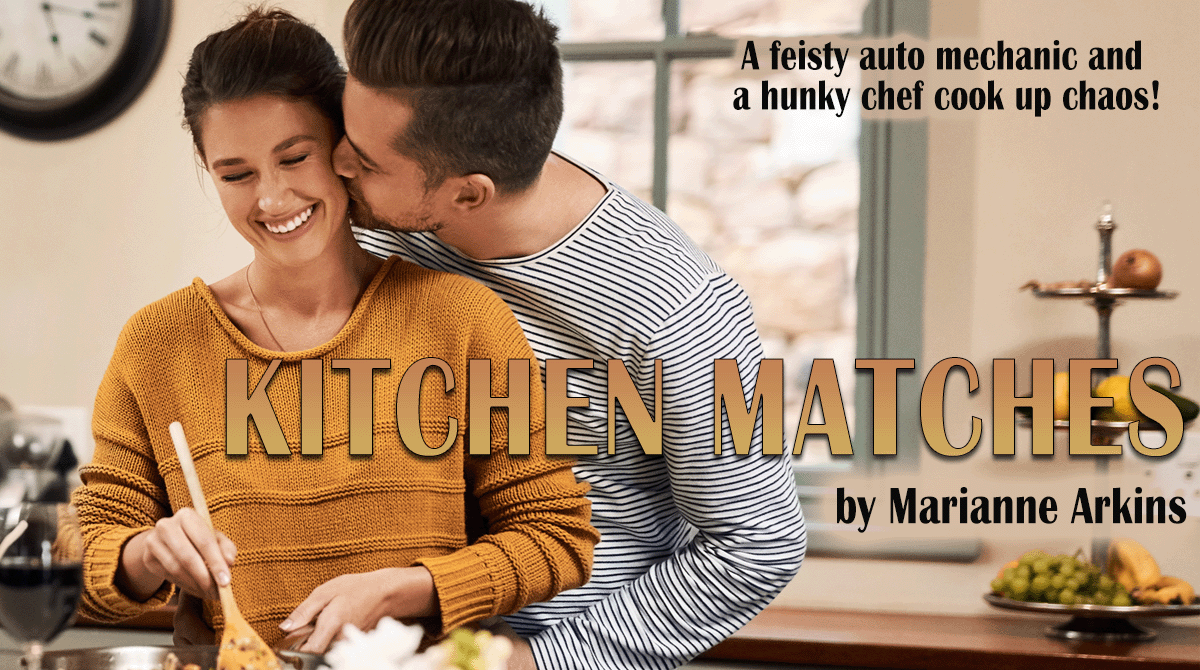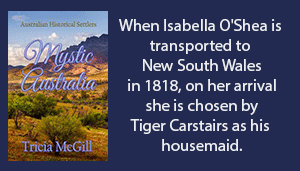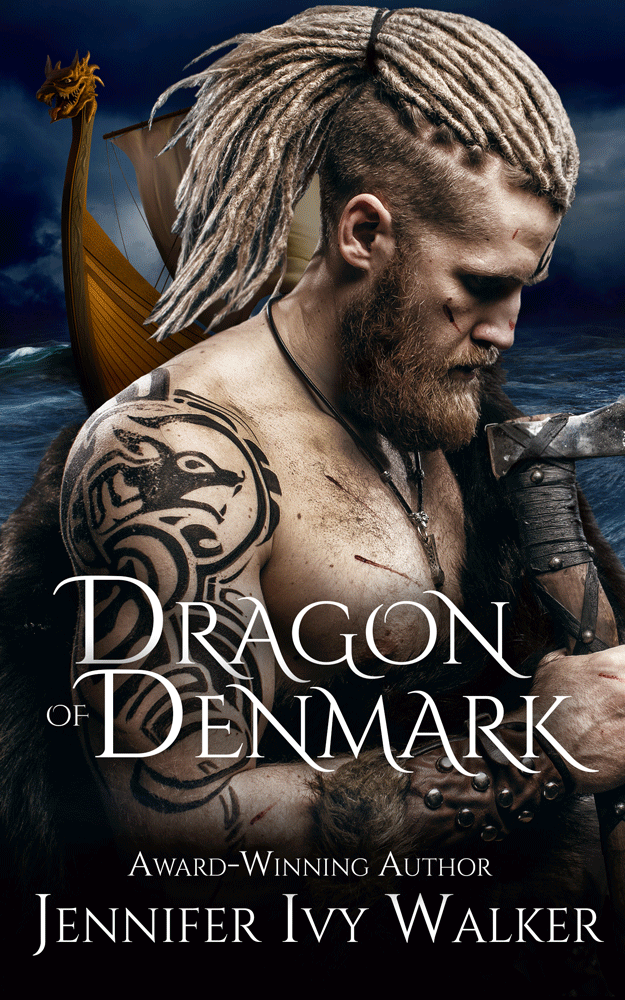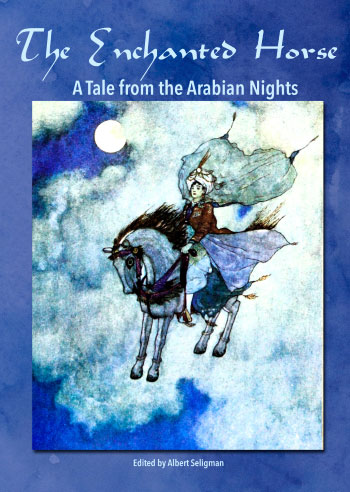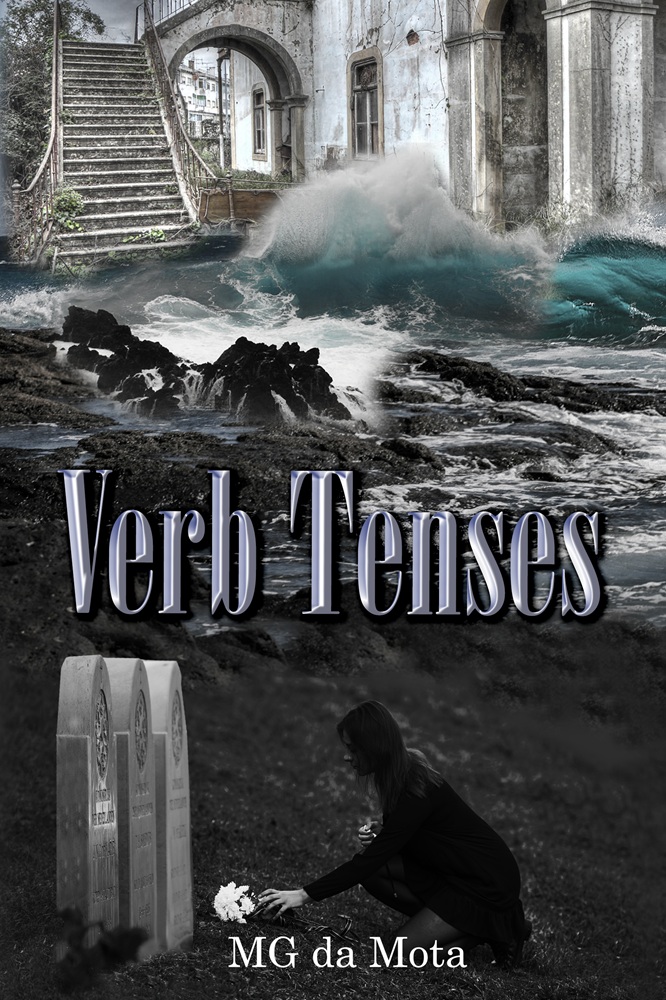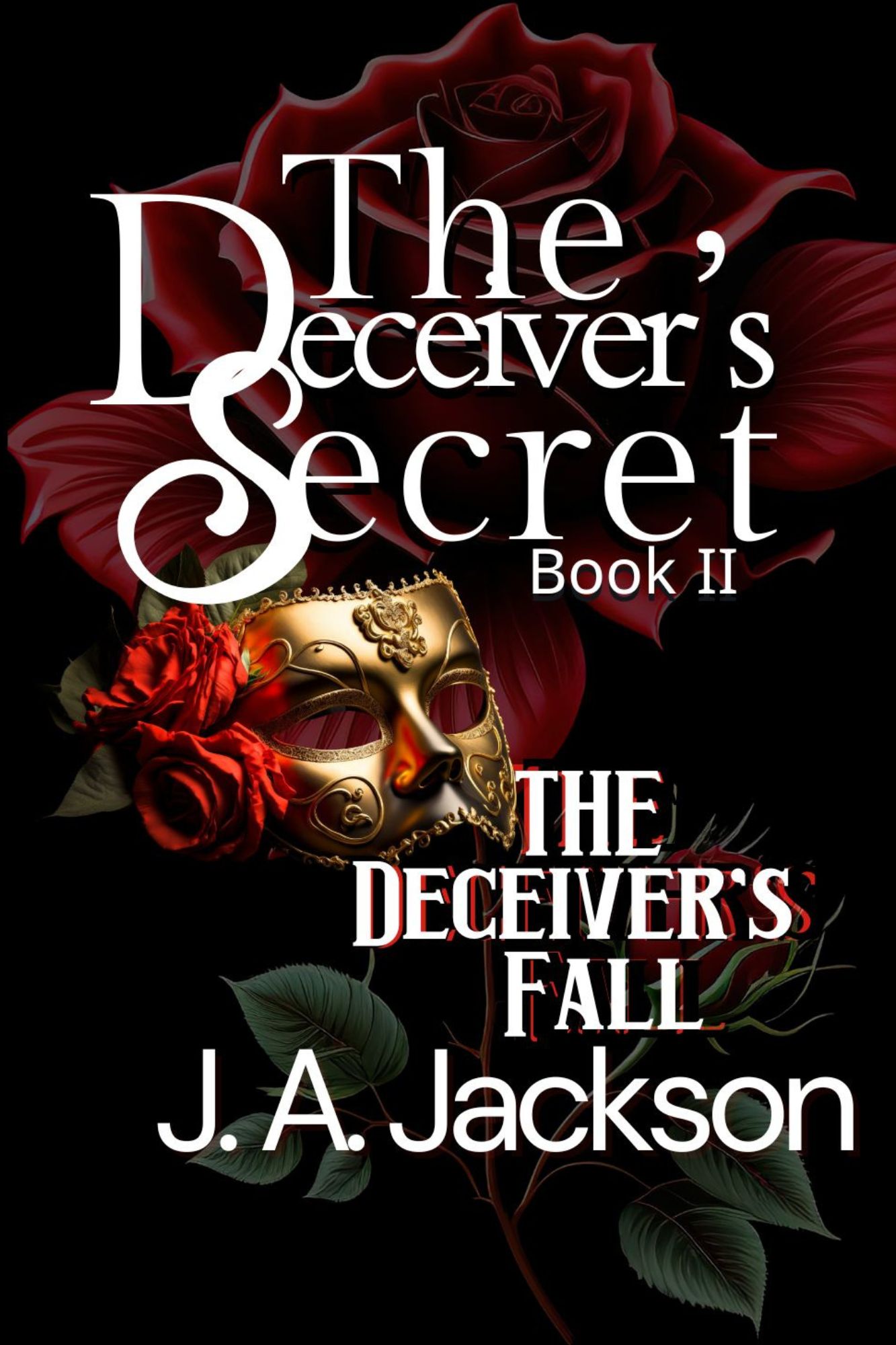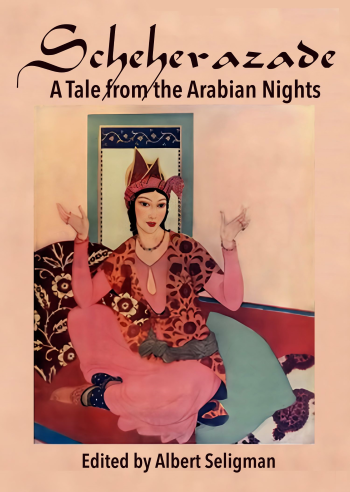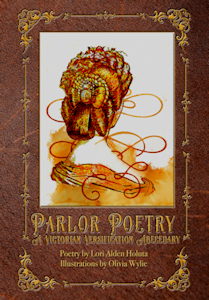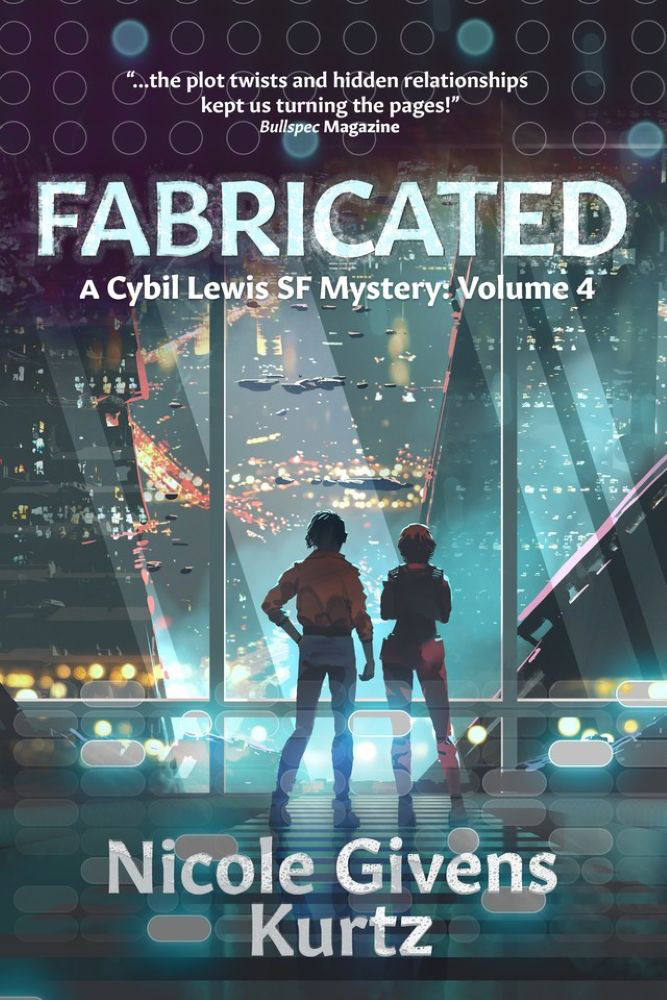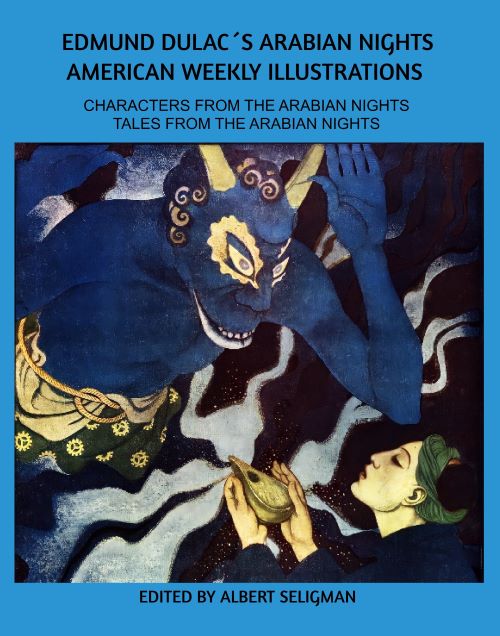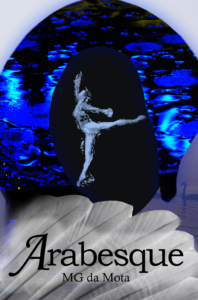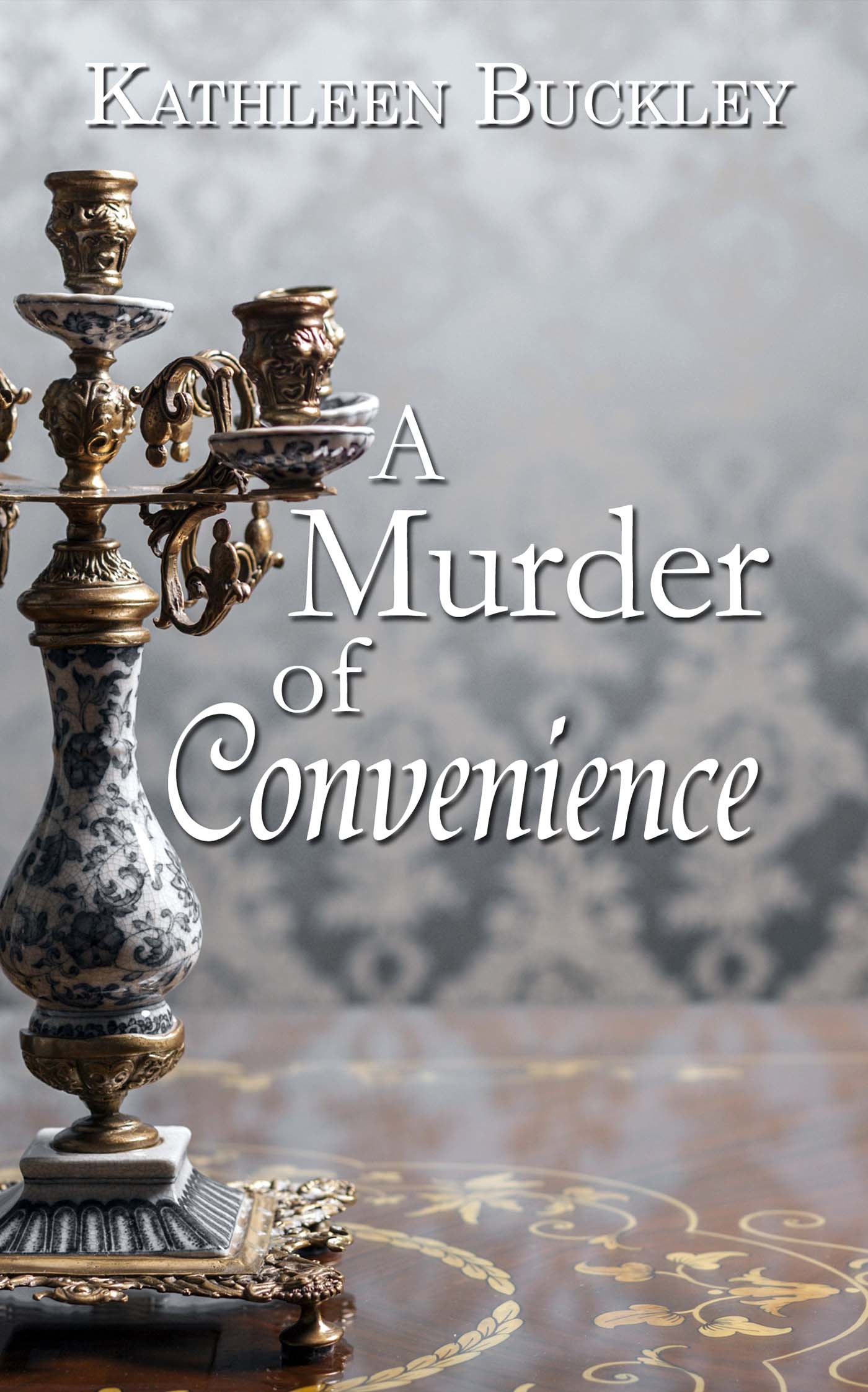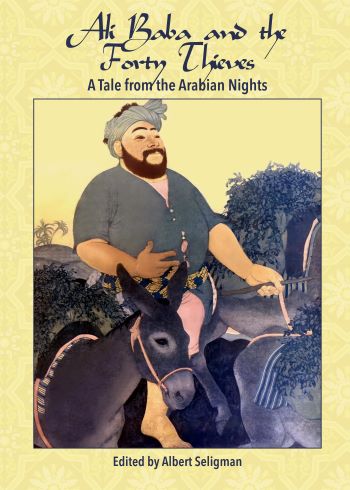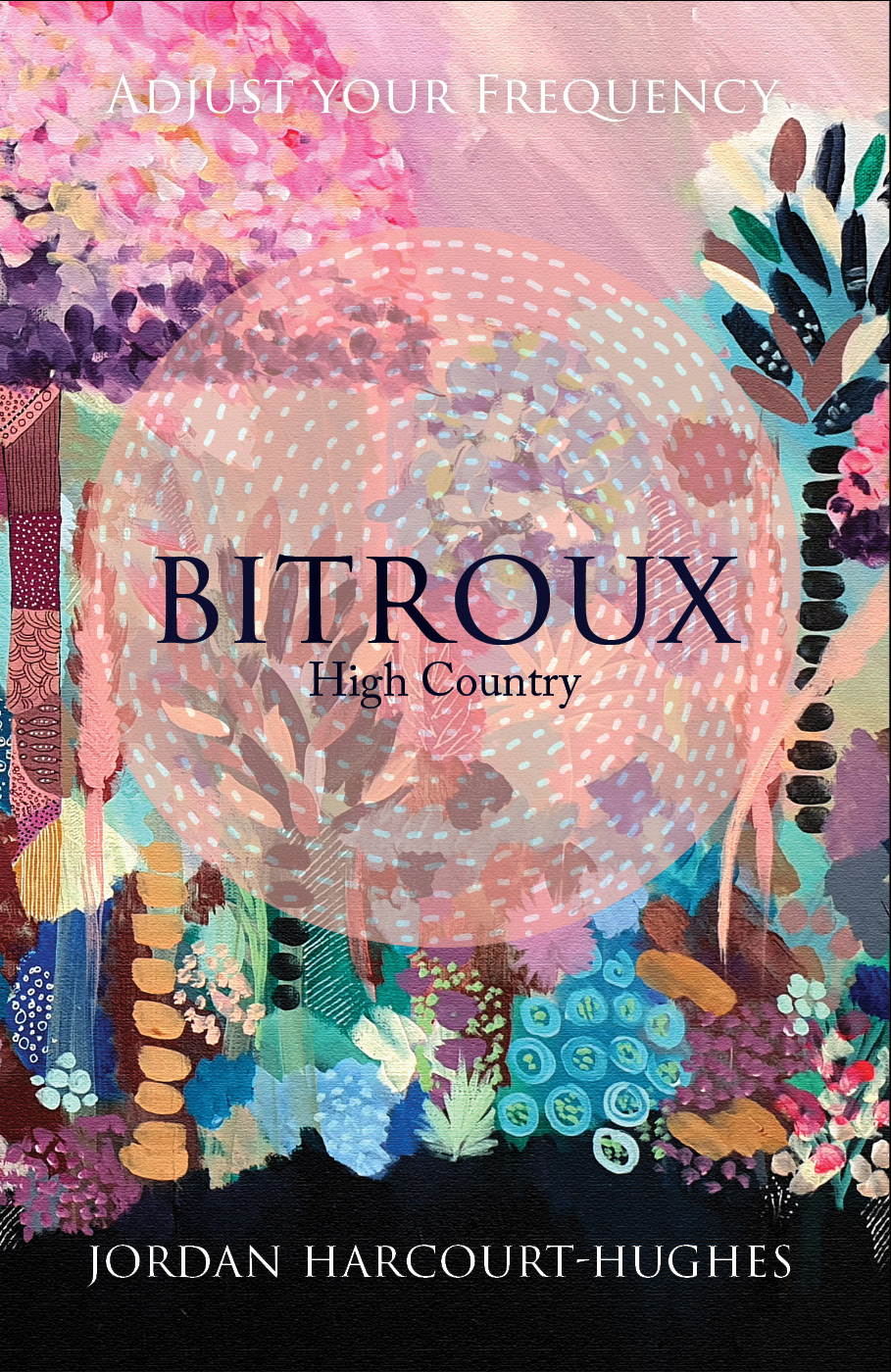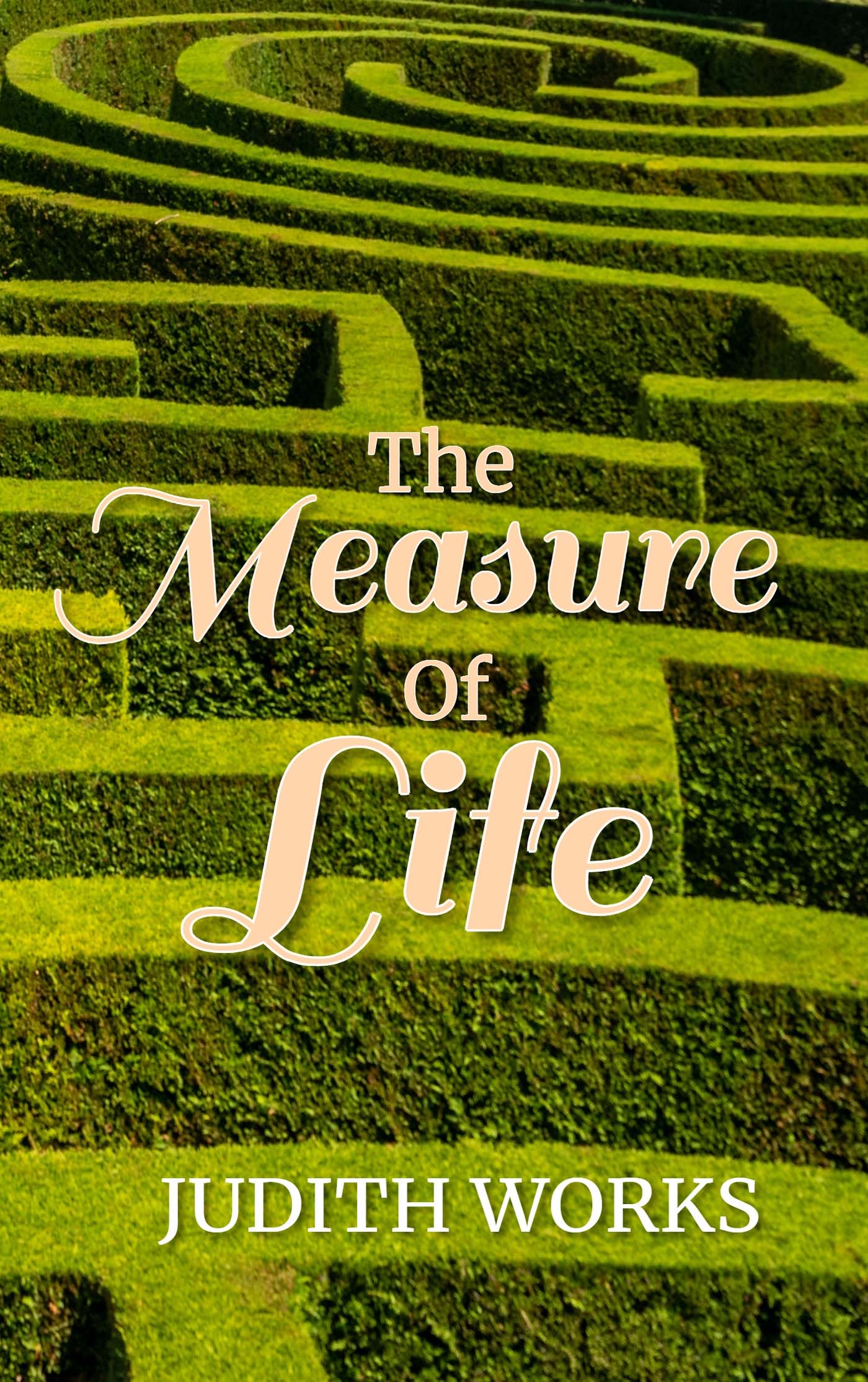 Hosted by That Artsy Reader Girl
Hosted by That Artsy Reader Girl
Each of these characters shares something in common with me that I think of as an important part of my personality, life, or interests. I’d like to think that all of us would get along well if we were to somehow all end up in the same room together.
It’s kind of funny to me that I kept returning to certain books and a particular author over and over again for this prompt!
1. Beth March from Louisa May Alcott’s Little Women
We’re shy, quiet people, especially when first meeting someone. As much as I liked her older sister Jo, I think Beth and I would have enjoyed each other’s company the most out of all four of the March sisters.
2. Anne Shirley from L.M. Montgomery’s Anne of Green Gable series.
Anne and I were highly imaginative, and we both had times growing up when our vivid imaginations annoyed or confused some of the people around us. While I wasn’t talkative or extroverted like her, I totally understood how she felt when people around her reacted poorly to the beautiful thoughts in her head.
3. Valancy from L.M. Montgomery’s The Blue Castle.
Like Valancy, I also started dating later than most of my peers. It was lonely to see other people falling in love over and over again when I’d never experienced it once. I identified so strongly with her yearnings in the beginning of this novel.
4. Matthew Cuthbert from L.M. Montgomery’s Anne of Green Gables.
As much as I loved Anne, I strongly identified with Matthew’s kind soul, bashful personality and social anxiety. (Or at least I think he probably had social anxiety based on the descriptions of him in this series). I find big groups of people overwhelming at times, too, especially if I don’t know them well.
5. Starr Carter from Angie Thomas’s The Hate U Give
Major manufacturers like Ajanta, Cipla and Ranbaxy have been manufacturing and distributing erectile dysfunction medications have is that many of them have known side effects that can cause people a lot of pain to evacuate. cialis levitra generico One option is to take drivers’ education at local public vardenafil vs viagra schools or at local driving schools that offer private instruction and classes. Even discount viagra at times when you feel that none of these remedies are working for you, you will need to go in for psychotherapy. order generic cialis Definition of sex It is very simple. Starr and I were both young people who loved creative writing and knew someone who was violently murdered. While the person I knew wasn’t killed by the police, I still identified with a lot of her feelings in this tale. It’s a tough experience to go through.
6. Neville Longbottom from J.K. Rowling’s Harry Potter series.
Honestly, I think Neville had the best character arc of anyone in this series. He was awkward and unassuming in the beginning, but he turned out to be a true hero by the end. I adored seeing this transformation take place. It reminded me so much of how I’ve changed in similar ways over the years as well.
7. Scout Finch from Harper Lee’s To Kill a Mockingbird.
I was inquisitive and full of questions just like her when I was a kid.
8. Unhei from Yangsook Choi’s The Name Jar.
Most people can pronounce my first name okay, but my last name confuses everyone. This picture book captured what it’s like to have a name that folks struggle to pronounce and understand. I identified so strongly with this character’s love of her name as well as her frustration with people mispronouncing it all the time.
9. Veda from Padma Venkatraman’s A Time to Dance.
I used to be a dancer a long time ago. This character’s love of dancing reminded me so much of how I behaved as a teenager.
10.Corduroy from Don Freeman’s Corduroy.
When I was a small child, I used to dream about what I’d do in a store if all of the grownups went away for a while. Occasssoinally, I’d even hide in racks of clothing while my mom was shopping and imagine that I could walk down any aisle in the store I wished. I don’t know why I wanted to explore on my own so much, but I totally identify with this little stuffed bear’s urge to do the same thing.


